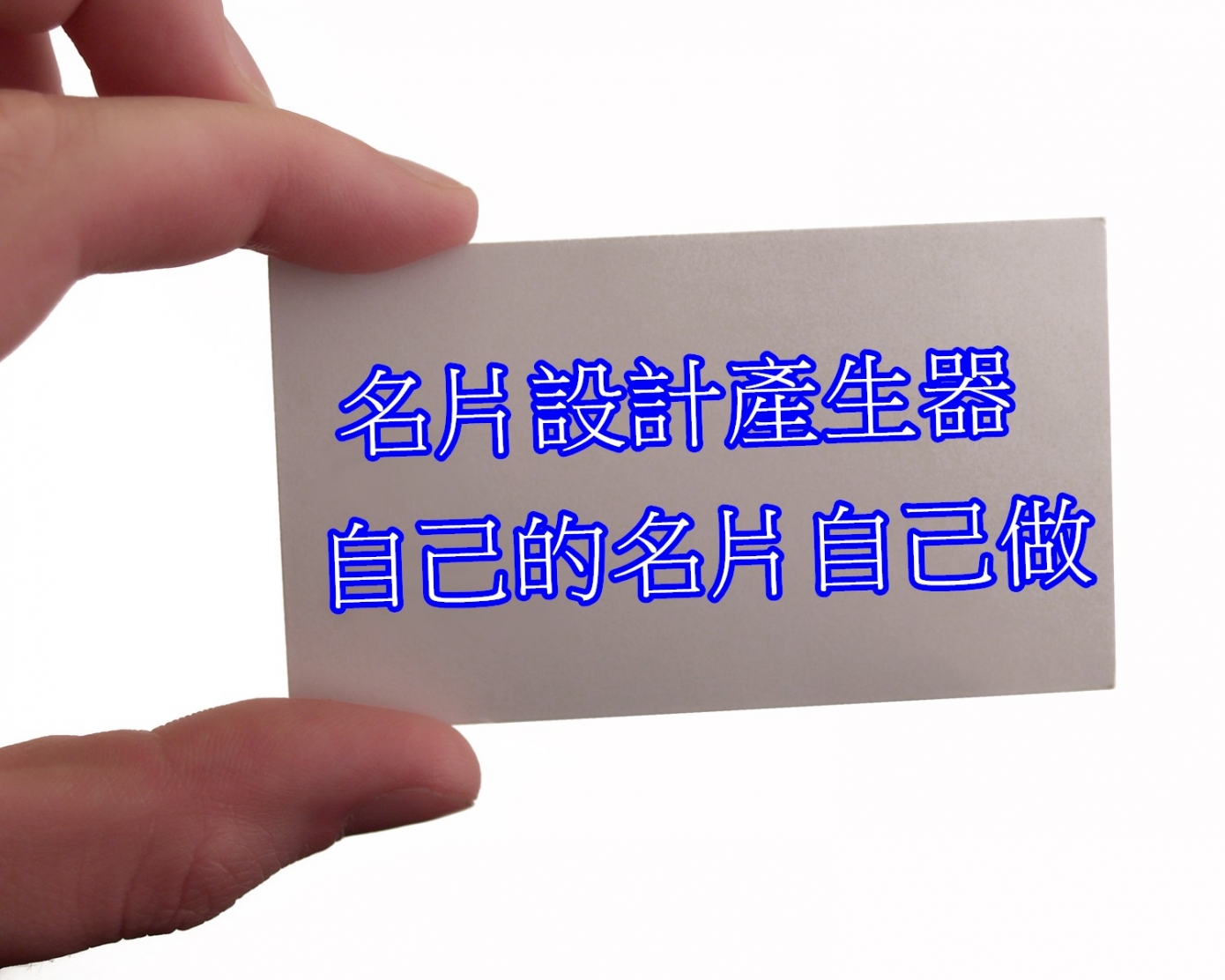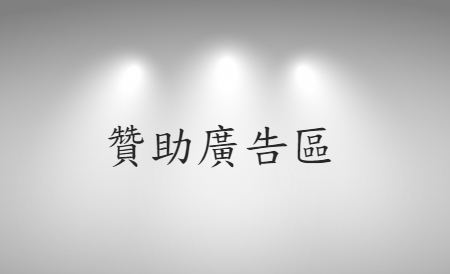drag [動詞] 拉,拖; [名詞] 拖曳
drag
[drag]
v.拖, 拉, 迫使, 緩慢行進, 進行過久, 扯進, 打撈
n.拖, 拉, 累贅, 阻力
n.男子穿的女子服裝
例句與用法:
Must you drag politics into everything?
你非得事事都把政治扯進來嗎?
He dragged the heavy chest across the floor.
他在地板上拉著沉重的箱子。
She dragged up that incident just to embarrass me.
她又扯起那件事故意想使我難堪。
She dragged herself out of bed, still half asleep.
她掙紮著起了床,還是睡眼惺忪。
The protesters were dragged away by the police.
抗議者被警察拖走了。
詞形變化:
動詞過去式: dragged | 動詞過去分詞: dragged | 動詞現在分詞: dragging | 動詞第三人稱單數: drags |
英文解釋:
名詞 drag:
the phenomenon of resistance to motion through a fluid
同義詞:retarding force
something that slows or delays progress
something tedious and boring
clothing that is conventionally worn by the opposite sex (especially women's clothing when worn by a man)
a slow inhalation (as of tobacco smoke)
the act of dragging (pulling with force)
動詞 drag:
pull, as against a resistance
draw slowly or heavily
force into some kind of situation, condition, or course of action
同義詞:embroil, tangle, sweep, sweep up, drag in
move slowly and as if with great effort
to lag or linger behind
同義詞:trail, get behind, hang back, drop behind
suck in or take (air)
use a computer mouse to move icons on the screen and select commands from a menu
walk without lifting the feet
同義詞:scuff
search (as the bottom of a body of water) for something valuable or lost
同義詞:dredge
persuade to come away from something attractive or interesting
proceed for an extended period of time
以上來源於大辭典



